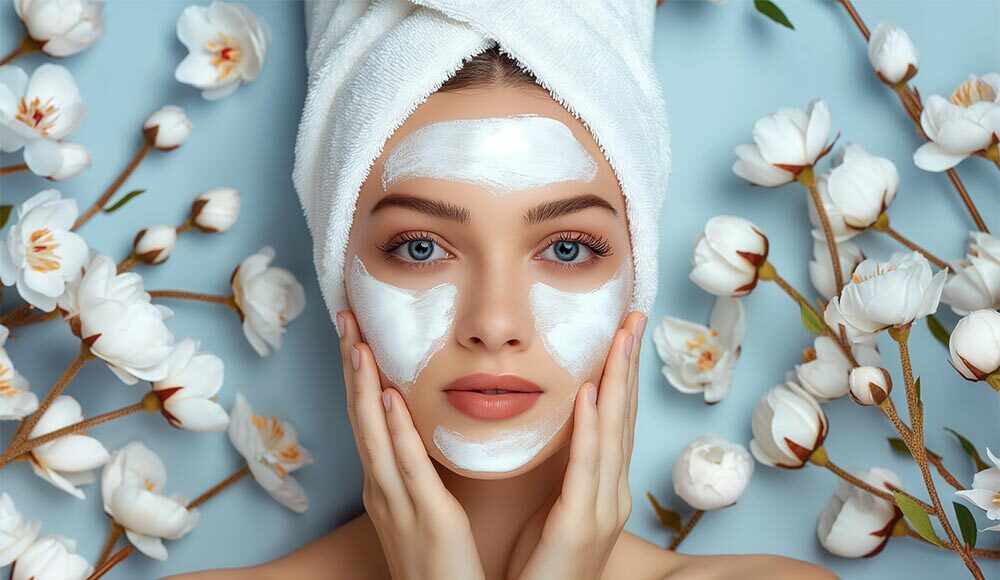Climate changes, pollution exposure, and lifestyle habits can damage the skin. Redness, dryness, and sensitivity are some of the most common complaints, especially among women who balance busy schedules with skincare needs. Fortunately, there are proven ways to help restore your skin’s barrier and keep it healthy.
In this article, we answer common questions about repairing stressed skin, highlight science-backed tips for recovery, and explore products that can help speed up the process.
Why Skin Repair Matters
Your skin’s barrier is the first defence against irritants, bacteria, and environmental stressors. You might notice increased sensitivity, flakiness, or breakouts when that barrier becomes compromised. Without intervention, the damage can worsen, leading to more persistent concerns.
A consistent routine focusing on barrier support can help reverse the damage and prevent future irritation.
1. Understanding the Signs of a Weakened Barrier
Common symptoms include:
- Persistent redness
- Tightness or discomfort
- Increased dryness despite moisturising
- Breakouts triggered by mild products
Recognising these signs early allows you to take action before the problem becomes long-term.
2. Gentle Cleansing as the Foundation
Avoid harsh cleansers that strip the skin. Choose formulas free from strong sulphates and artificial fragrances, which can cause further irritation. A cream or oil-based cleanser works well for sensitive or compromised skin.
Wash with lukewarm water to prevent further dryness and always pat, rather than rub, the skin dry.
3. Moisturising with Barrier-Strengthening Ingredients
Look for products with ingredients such as panthenol, shea butter, and glycerin, which are known for their soothing and hydrating properties. They help replenish moisture and improve the skin’s ability to lock it in.
One product widely praised for barrier repair is La Roche-Posay Cicaplast Balm. This balm contains vitamin B5 and madecassoside to calm and support skin regeneration, making it a reliable choice for post-irritation recovery.
4. Avoiding Triggers That Delay Healing
While treating your skin, reduce or avoid the following:
- Over-exfoliation (both physical scrubs and strong acids)
- Prolonged hot showers
- Heavy fragranced products
- High-alcohol content skincare
Giving your skin a break from potential irritants will allow your treatment products to work more effectively.
5. Supporting Skin with a Balanced Diet
Your diet plays a key role in skin health. Omega-3 fatty acids, antioxidants, and vitamins A, C, and E can support skin repair from within.
Include salmon, nuts, seeds, berries, and leafy greens in your meals to promote faster recovery and strengthen your skin barrier.
6. The Role of SPF in Skin Recovery
Protecting your skin from UV exposure is critical even when it is damaged. Sun damage can slow healing and worsen existing irritation.
Opt for a gentle, broad-spectrum SPF suitable for sensitive skin, and reapply throughout the day if you spend time outdoors.
7. Rest and Stress Management
The connection between stress and skin health is well-documented. High stress can increase inflammation and delay healing.
Incorporating relaxation techniques such as yoga, meditation, or short mindful breaks during your day can help keep stress levels in check, which can benefit your skin.
8. FAQs on Skin Repair
How quickly can the skin barrier repair itself?
With the proper care, mild damage can recover in as little as two weeks. More severe damage may take several months.
Can I still wear makeup while repairing my skin?
Yes, but choose lightweight, non-comedogenic formulas and remove them gently at the end of the day.
Should I use active ingredients like retinol during recovery?
It is best to pause potent actives until your skin is more resilient. Gradually reintroduce them once your barrier feels stronger.
9. Skincare Trends and Consumer Demand
The global skincare market is seeing rapid growth in demand for barrier repair products. According to Statista, the global skincare market is projected to reach over 186 billion USD by 2028, fuelled by increased consumer awareness about skin health and preventive care.
This trend shows that people are investing more in products that support long-term skin resilience, not just immediate results.
Final Thoughts
Repairing and soothing skin after harsh conditions requires a combination of gentle products, consistent care, and lifestyle adjustments. Recognising the early signs of barrier damage allows you to act quickly and avoid long-term issues.
By incorporating targeted products like La Roche-Posay Cicaplast Balm, protecting your skin from further damage, and making small daily changes, you can restore comfort and strength to your skin.
##




